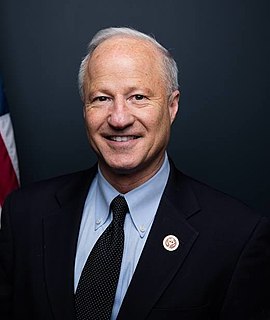A Quote by Asha Rangappa
The Espionage Act is very broadly written. It doesn't make distinguish - or it doesn't make distinctions between categories of people that can receive and publish information and under what circumstances.
Related Quotes
Broadly speaking, the problems with the Espionage Act are that it is hopelessly broad. And we tend to use the Espionage Act - we think about the Espionage Act as forbidding disclosures of classified information. That's not really what the statute says. What the statute talks about is information related to the national defense.
Of course, we can distinguish between males and females; we can also, if we choose, distinguish between different age categories; but any more advanced distinction comes close to pedantry, probably a result of boredom. A creature that is bored elaborates distinctions and hierarchies. According to Hutchinson and Rawlins, the development of systems of hierarchical dominance within animal societies does not correspond to any practical necessity, nor to any selective advantage; it simply constitutes a means of combating the crushing boredom of life in the heart of nature.
WikiLeaks does not publish from the jurisdiction of Ecuador, from this embassy or in the territory of Ecuador; we publish from France, we publish from, from Germany, we publish from The Netherlands and from a number of other countries, so that the attempted squeeze on WikiLeaks is through my refugee status; and this is, this is really intolerable. [It means] that [they] are trying to get at a publishing organisation; [they] try and prevent it from publishing true information that is of intense interest to the American people and others about an election.
People do make considered choices about whether they want to fight, and how, and they do so from disparate circumstances. But I think there are two important frameworks in which those choices get made. One, their degree of immiseration. The greatest predictor of who will engage in criminal activity is poverty, which tells us that the decisions people make about how unlawful they're willing to be are decisively based in their own experience of immiseration. The second framework is that when people choose to act, they inevitably act where they are.
Men make their own history, but they do not make it just as they please; they do not make it under circumstances chosen by themselves, but under circumstances directly encountered, given and transmitted from the past. The tradition of all the dead generations weighs like a nightmare on the brain of the living.



































